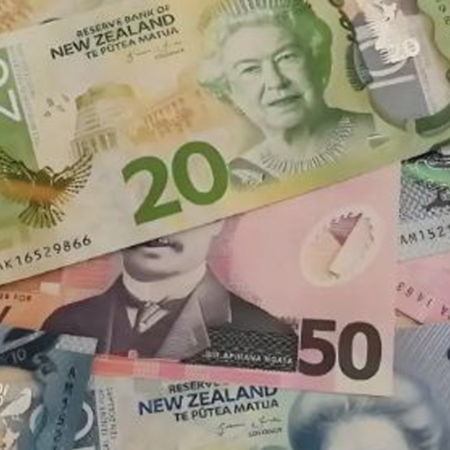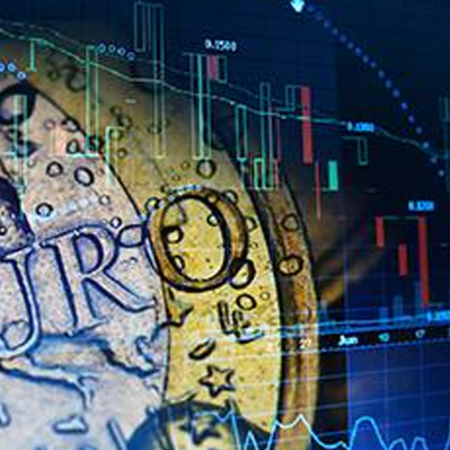Where to Find Forex News and Market Data
A simple search for “forex news” or “forex data” returns millions of results—a sheer information overload for any new trader. With such an overwhelming amount of data, it’s no surprise that you’re looking for guidance!
However, information is king in forex trading. Currency prices move based on economic reports, central bank decisions, interest rate changes, and other key fundamentals.
Why News Matters in Forex Trading
Fundamentals drive the market – Economic reports, central bank policies, and geopolitical events all influence currency prices.
News moves fundamentals – Staying updated with the latest financial news helps traders understand price fluctuations.
Knowledge creates success – The best forex traders aren’t born successful; they learn to filter out the noise and focus on what truly matters.
How Do Successful Forex Traders Stay Ahead?
Great traders don’t have supernatural abilities—they have sharp analytical skills. They know how to sift through forex news, identify key market-moving events, and make informed trading decisions.
The challenge isn’t just getting information—it’s knowing which information matters most and how to use it to your advantage. By mastering this skill, you’ll be well on your way to making smarter, more successful trades!
Market Information Tips for Forex Traders
Staying informed about the forex market is crucial for making well-timed and profitable trades. Here are some key tips to help you filter valuable market information and make informed trading decisions:
1️⃣ Follow Reliable News Sources
✔ Stay updated with economic reports, central bank decisions, and geopolitical events.
✔ Use trusted financial news platforms like Bloomberg, Reuters, Forex Factory, and Investing.com.
2️⃣ Understand Economic Indicators
✔ Track key reports such as GDP, inflation, employment data, and interest rate announcements.
✔ Learn how these indicators impact currency prices to anticipate market movements.
3️⃣ Monitor Central Bank Policies
✔ Decisions from major central banks like the Federal Reserve (USD), European Central Bank (EUR), and Bank of England (GBP) significantly impact forex trends.
✔ Pay attention to interest rate changes and monetary policy statements.
4️⃣ Use an Economic Calendar
✔ An economic calendar helps traders plan for high-impact events that can cause volatility.
✔ Mark key data releases like Non-Farm Payrolls (NFP), CPI, and retail sales reports.
5️⃣ Learn to Filter Market Noise
✔ Not all news impacts the market—focus on high-impact events rather than minor updates.
✔ Analyze how past events have affected currency pairs to make smarter predictions.
6️⃣ Keep Up with Market Sentiment
✔ Use tools like the Commitments of Traders (COT) report to track institutional trading activity.
✔ Follow trader sentiment indicators to gauge whether the market is bullish or bearish.
7️⃣ Watch for Unexpected Events
✔ Political instability, natural disasters, or unexpected economic shifts can cause sudden market volatility.
✔ Always have a risk management plan in place to protect your trades.
8️⃣ Use Technical & Fundamental Analysis Together
✔ News moves fundamentals, and fundamentals move currency pairs—combine both approaches for a complete market outlook.
✔ Use technical indicators to identify entry/exit points based on news-driven trends.
By following these market information tips, you’ll be better prepared to make strategic and informed forex trading decisions!














